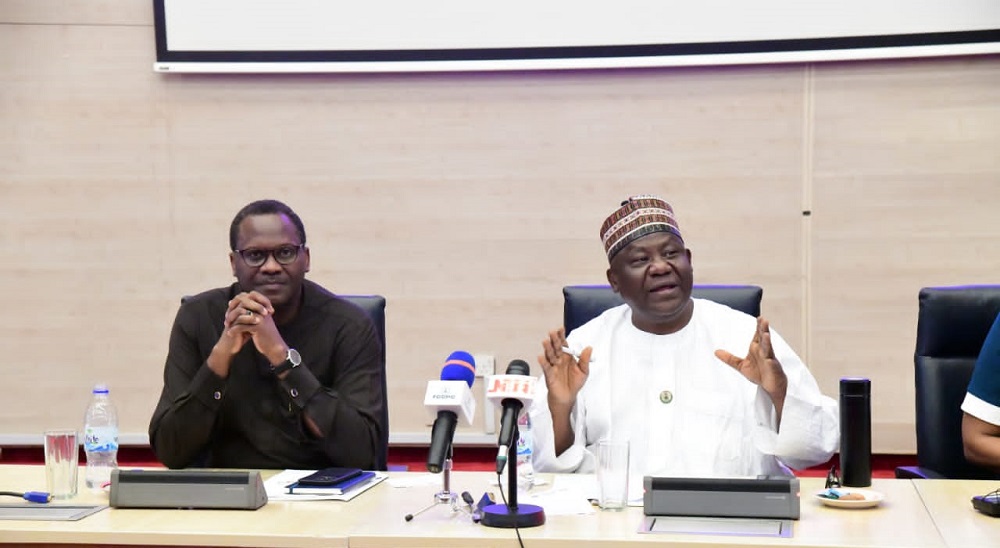The Bureau of Public Service Reforms recently in Abuja played host to a delegation from the Public Procurement Authority of The Gambia who were on study tour of Nigeria to learn some lessons and to have an overview of how Public Service progresses in Nigeria, especially on the on-going reforms in the Nigeria Public Sector.
Ag. DG of the Bureau, D.I Arabi welcomed the visitors and expressed delight on the visit and said that he believes in the exchange of ideas and knowledge as it heightens service delivery. He disclosed that prior to the formation of the Bureau in 2004; MDAs ran their reforms until the need to harmonize the structure and the Bureau was established and made to be the engine room of reforms in Nigeria.
Arabi described how the incursion of ghost workers inflamed corruption in the polity before the introduction of the Integrated Payroll and Personal Information System (IPPIS) by the Bureau. He also stated that the process of rightsizing the Civil Service in Nigeria which was initiated by BPSR was another initiative that brought about a major reform in the Public Service.
In addition, the Ag DG said that customers can now have access to the services rendered as they are encouraged to visit MDAs’ websites. According to him, this is made possible by the introduction of Scorecards for the Ranking of MDAs’ websites as initiated by the Bureau. “Corruption has been reduced and customers will now know the rudiments of services delivered.” Speaking further, he hinted that there will be an African high level International Donors’ Conference to be hosted by the BPSR later in the year, and extended invitation to the delegation.
In his remark, the head of the Gambian team and Chairman of the Gambian Public Procurement Authority, Mr Ebrahim Doudel expressed his pleasure on what the Bureau has achieved and described the Ag. DG as well-informed, and very competent Public Servant and especially on the issues of the reforms.
He also noted that Nigeria and The Gambia share identical problems but that Nigeria despite its immense population have been able to harness a working system within a short time of the life of the administration. “No society can survive better without a proper Civil Service structure” he opined.
Aliyu Umar A, FNIPR, FIIM
Head, Strategic Communication (BPSR)

